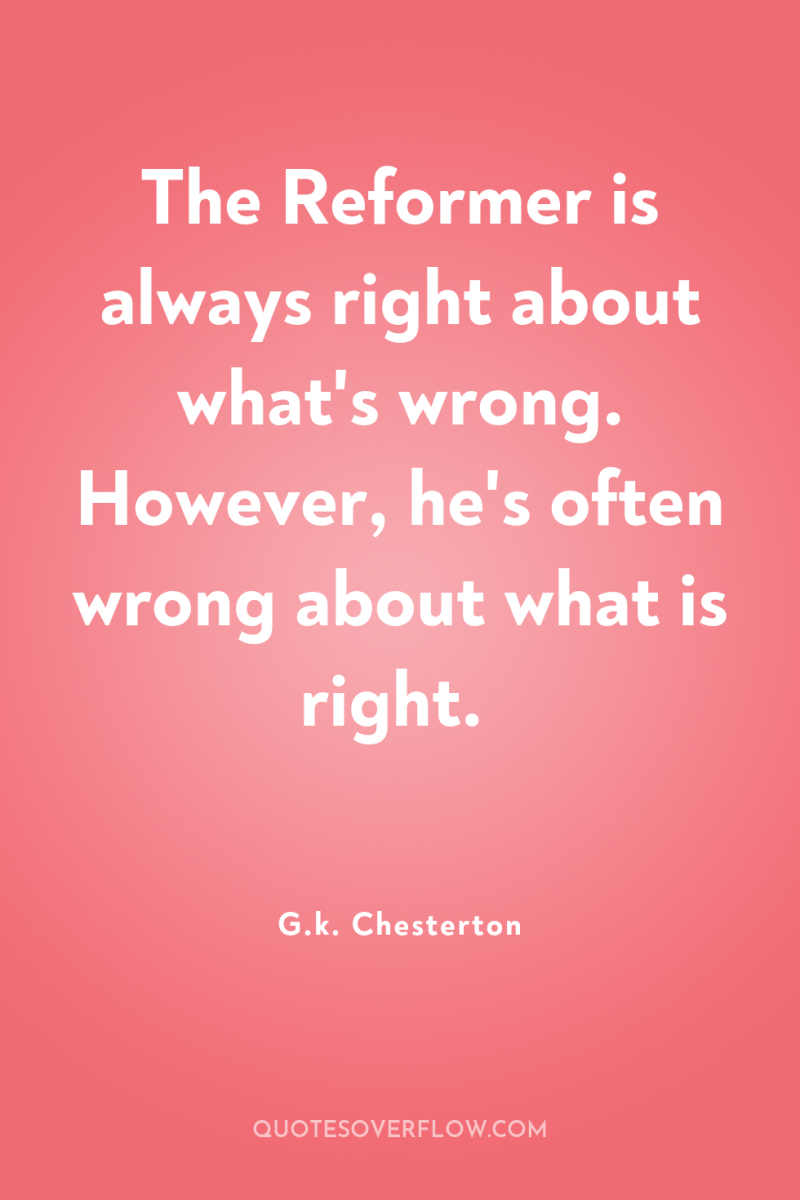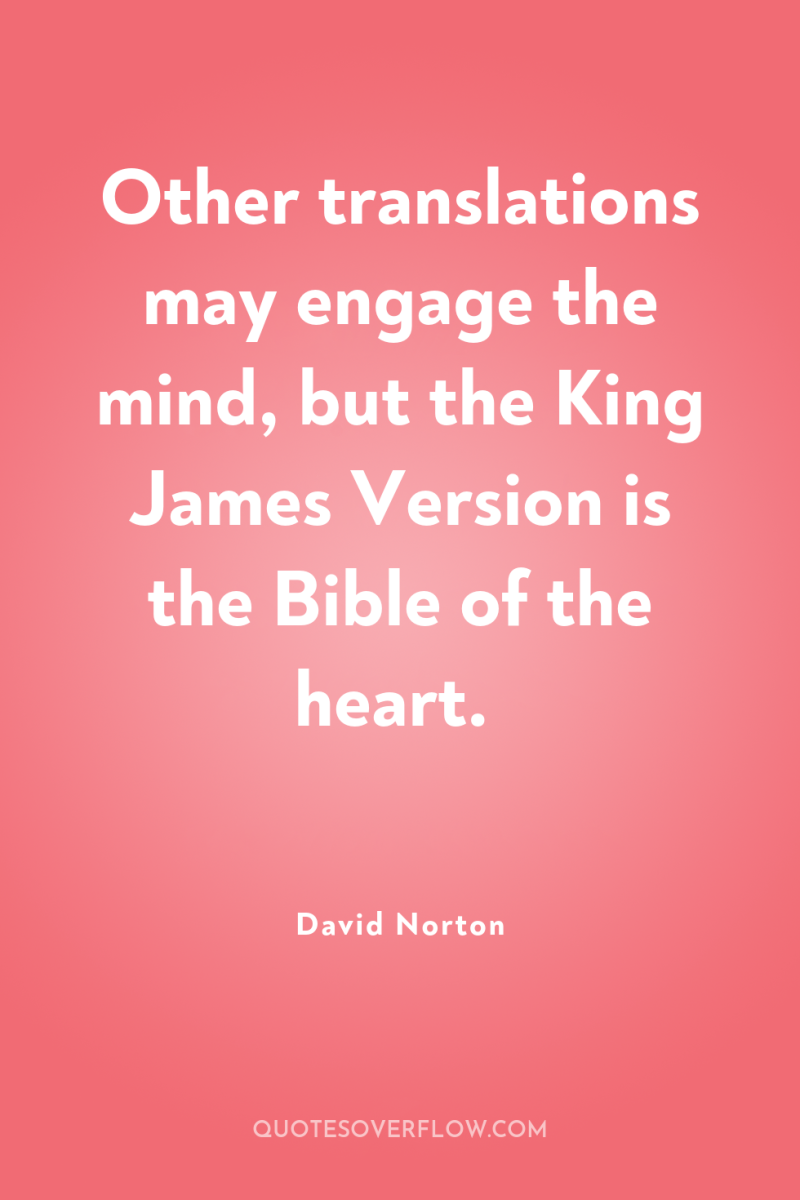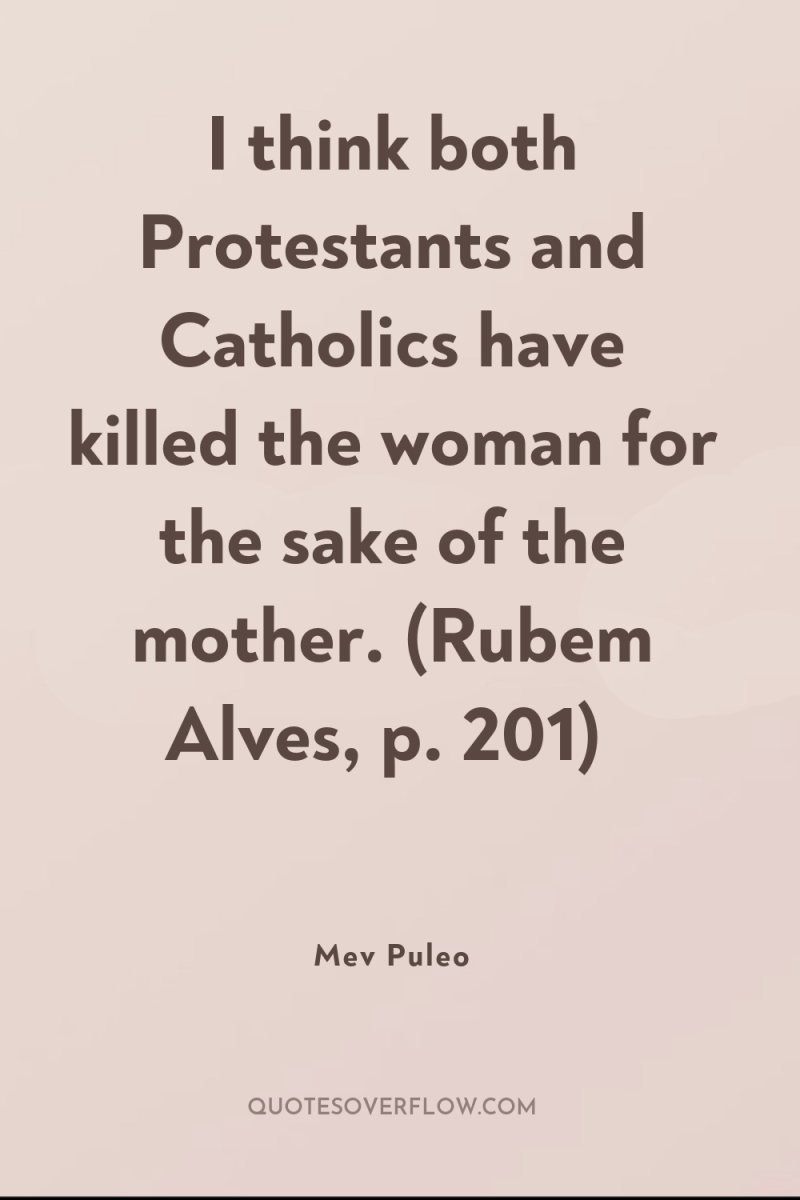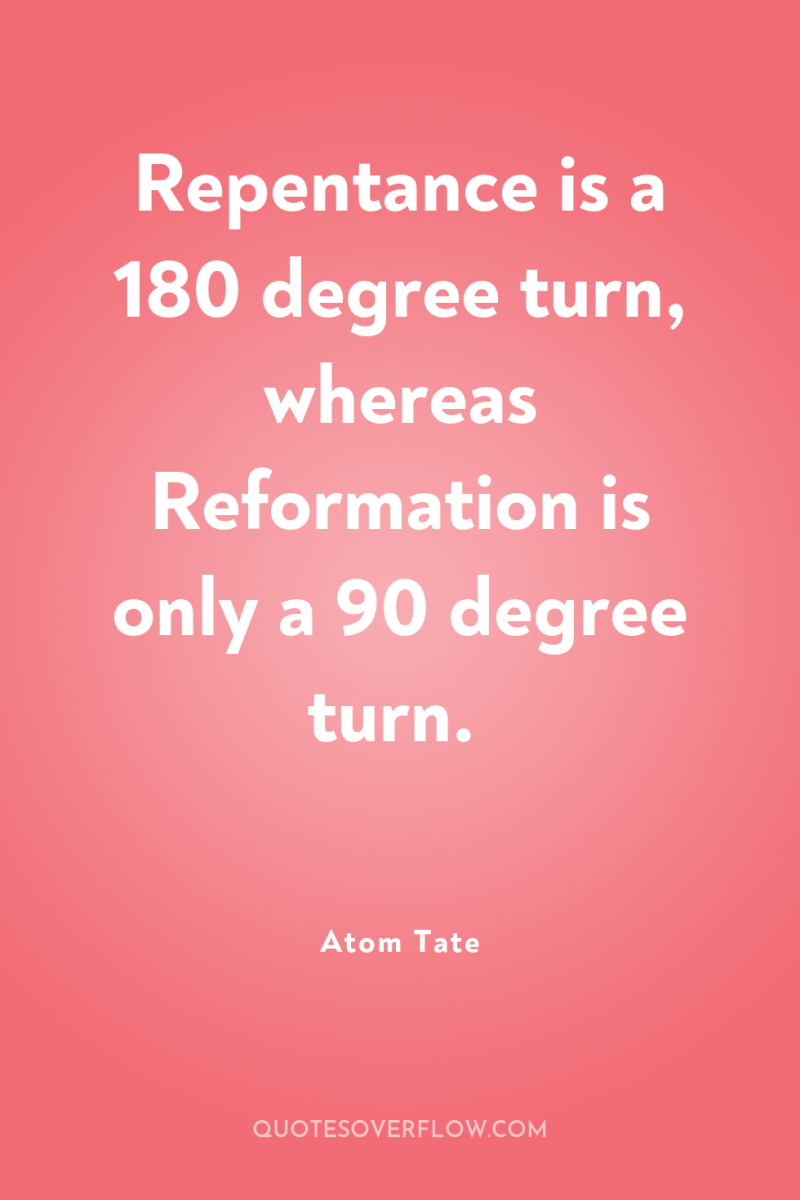1
Although it is very easy to marry a wife, it is very difficult to support her along with the children and the household. Accordingly, no one notices this faith of Jacob. Indeed, many hate fertility in a wife for the sole reason that the offspring must be supported and brought up. For this is what they commonly say: ‘Why should I marry a wife when I am a pauper and a beggar? I would rather bear the burden of poverty alone and not load myself with misery and want.’ But this blame is unjustly fastened on marriage and fruitfulness. Indeed, you are indicting your unbelief by distrusting God’s goodness, and you are bringing greater misery upon yourself by disparaging God’s blessing. For if you had trust in God’s grace and promises, you would undoubtedly be supported. But because you do not hope in the Lord, you will never prosper. .Martin Luther
2
I cannot choose but adhere to the word of God, which has possession of my conscience; nor can I possibly, nor will I even make any recantation, since it is neither safe nor honest to act contrary to conscience! Here I stand; I cannot do otherwise, so help me God! Amen.Martin Luther
3
Protestants believe that the sacraments are like ladders that God gave to us by which we can climb up to Him. Catholics believe that they are like ladders that God gave to Himself by which He climbs down to us.Peter Kreeft

4
The Reformer is always right about what's wrong. However, he's often wrong about what is right.G.k. Chesterton
5
The Pope would have an easier job than the President of the United States in adopting a change of course. He has no Congress alongside him as a legislative body nor a Supreme Court as a judiciary. He is absolute head of government, legislator and supreme judge in the church. If he wanted to, he could authorize contraception over night, permit the marriage of priests, make possible the ordination of women and allow eucharistic fellowship with this Protestant churches. What would a Pope do who acted in the spirit of Obama? .Unknown
6
Protestantism developed its sense of identity primarily in response to external threats and criticisms rather than as a result of shared beliefs. In one sense, the idea of "Protestantism" can be seen as the creation of its opponents rather than of its supporters.Unknown

7
Other translations may engage the mind, but the King James Version is the Bible of the heart.David Norton
8
We are the bourgeoisie–the third estate, as they call us now–and what we want is a nobility of merit, nothing more. We don't recognize this lazy nobility we now have, we reject our present class hierarchy. We want all men to be free and equal, for no one to be someone else's subject, but for all to be subject to the law. There should be an end of privileges and arbitrary power. Everyone should be treated equally as a child of the state, and just as there are no longer any middlemen between the layman and his God, so each citizen should stand in direct relation to the state. We want freedom of the press, of employment, of commerce. We want all men to compete without any special privileges, and the only crown should be the crown of merit. .Thomas Mann

9
I think both Protestants and Catholics have killed the woman for the sake of the mother. (Rubem Alves, p. 201)Mev Puleo

10
Repentance is a 180 degree turn, whereas Reformation is only a 90 degree turn.Atom Tate
11
In running over the pages of our history for seven hundred years, we shall scarcely find a single great event which has not promoted equality of condition. The Crusades and the English wars decimated the nobles and divided their possessions: the municipal corporations introduced democratic liberty into the bosom of feudal monarchy; the invention of fire-arms equalized the vassal and the noble on the field of battle; the art of printing opened the same resources to the minds of all classes; the post-office brought knowledge alike to the door of the cottage and to the gate of the palace; and Protestantism proclaimed that all men are alike able to find the road to heaven. The discovery of America opened a thousand new paths to fortune, and led obscure adventurers to wealth and power.Alexis De Tocqueville
12
If we who self-designate ourselves with terms like "Catholic, " "Orthodox, " "Protestant, " "Evangelical, " "Charismatic, " "Pentecostal" and others would fully surrender ourselves to The Holy Spirit, we could stop focusing on the secondary words we use to describe the primary experience of The Holy Spirit.John David Geib
13
The essential unity of the formal and material principles of the Reformation lies in the fact that to affirm that Christianity was, formally and materially, solus Christus was perceived by the Reformers ultimately to depend upon the concurrent affirmation that Christ and his benefits could be known sola scriptura.Unknown
14
–Then, said Cranly, you do not intend to become a protestant?– I said that I had lost the faith, Stephen answered, but not that I had lost self-respect. What kind of liberation would that be to forsake an absurdity which is logical and coherent and to embrace one which is illogical and incoherent?James Joyce
15
From the outset, Protestantism rejected the critical medieval distinction between the 'sacred' and 'secular' orders. While this position can easily be interpreted as a claim for the desacralization of the sacred, it can equally well be understood as a claim for the sacralization of the secular. As early as 1520, Luther had laid the fundamental conceptual foundations for created sacred space within the secular. His doctrine of the 'priesthood of all believers' asserted that there is no genuine difference of status between the 'spiritual' and the 'temporal' order. All Christians are called to be priests - and can exercise that calling within the everyday world. The idea of 'calling' was fundamentally redefined: no longer was it about being called to serve God by leaving the world; it was now about serving God in the world.Unknown
16
Plantie is a very strong Protestant, that is to say, he's against all churches, especially the Protestant: and he thinks a lot of Buddha, Karma and Confucius. He is also a bit of an anarchist and three or four years ago he took up Einstein and vitamins.Joyce Cary
17
This is a paradox of Whitefield's legacy: evangelicalism draws people of different churches while dividing those within the same denomination.Melanie Ross
18
Theology is not a private subject for theologians only. Nor is it a private subject for professors. Fortunately, there have always been pastors who have understood more about theology than most professors. Nor is theology a private subject of study for pastors. Fortunately, there have repeatedly been congregation members, and often whole congregations, who have pursued theology energetically while their pastors were theological infants or barbarians. Theology is a matter for the Church.Karl Barth
19
In principle, to be sure, the Reformation idea of the universal priesthood of all believers meant that not only the clergy but also the laity, not only the theologian but also the magistrate, had the capacity to read, understand, and apply the teachings of the Bible. Yet one of the contributions of the sacred philology of the biblical humanists to the Reformation was an insistence that, in practice, often contradicted the notion of the universal priesthood: the Bible had to be understood on the basis of the authentic original text, written in Hebrew and Greek which, most of the time, only clergy and theologians could comprehend properly. Thus the scholarly authority of the Reformation clergy replaced the priestly authority of the medieval clergy.Jaroslav Pelikan
20
Protestant Christianity, whether in its liberal or conservative garb, finds itself waking up each morning in bed with a deteriorating modern culture, between sheets with a raunchy sexual reductionism, despairing scientism, morally normless cultural relativism, and self-assertive individualism. We remain resident aliens, OF the world but not profoundly in it, dining at the banquet table of waning modernity without a whisper of table grace. We all wear biblical name tags (Joseph, David, and Sarah), but have forgotten what our Christian names mean.Thomas C. Oden
21
Just when we are in many ways moving to an ever greater validation of the sacredness of the individual person, our capacity to imagine a social fabric that would hold individuals together is vanishing. This is in part because of the fact that our ethical individualism, deriving, as I have argued, from the Protestant religious tradition in America, is linked to an economic individualism that, ironically, knows nothing of the sacredness of the individual. Its only standard is money, and the only thing more sacred than money is more money. What economic individualism destroys and what our kind of religious individualism cannot restore is solidarity, a sense of being members of the same body. In most other North Atlantic societies, including other Protestant societies, a tradition of an established church, however secularized, provides some notion that we are in this thing together, that we need each other, that our precious and unique selves are not going to make it all alone.Robert N. Bellah
22
If Roman Catholic Christianity has always struggled with the threat of works righteousness, Reformed Protestantism has always struggled with the threat of cheap grace. For many, if not the majority of Protestants, God's love and acceptance do not lead to personal transformation. Evangelical formation often involves seeking to reestablish a pattern of maturing behaviour that should be integral to one's conversion. So both traditions can be challenged on whether there is a genuinely helpful connection between conversion and transformation. .Gordon T. Smith
23
I bear within me the seed, the rudiments, the possibility of life's capacities and endeavors. Where might I be, if I were not here? Who, what, how could I be, if I were not me, if this outward appearance that is me did not encase me, separating my consciousness from that of others who are not me? An organism–a blind, rash, pitiful eruption of the insistent assertion of the will. Far better, really, if that will were to drift free in a night without time or space, than to languish in a prison cell lit only by the flickering, uncertain flame of the intellect.Thomas Mann
24
What had been a region of model farming became almost a desert, for more than half the population was exiled or sent to concentration camps. The young people left the villages, the boys to go to the factories if they could get jobs, or to become vagabonds if they couldn’t.*** An echo of the tragic fate of Russia’s German Protestant population reached the world when the Mennonites flocked to Moscow and sought permission to leave the country. Some of these Germans had tried to obey the government and had formed collective farms, only to have them liquidated as Kulak collectives. Being first-class farmers, they had committed the crime of making even a Kolkhoz productive and prosperous. Others had quite simply been expropriated from their individual holdings. All were in despair. Few were allowed to leave Russia. They were sent to Siberia to die, or herded into slave labor concentration camps. The crime of being good farmers was unforgivable, and they must suffer for this sin.*** Cheat or be cheated, bully or be bullied, was the law of life. Only the German minority with their strong religious and moral sense–the individual morality of the Protestant as opposed to the mass subservience demanded by the Greek Orthodox Church and the Soviet Government–retained their culture and even some courage under Stalin’s Terror. .Freda Utley